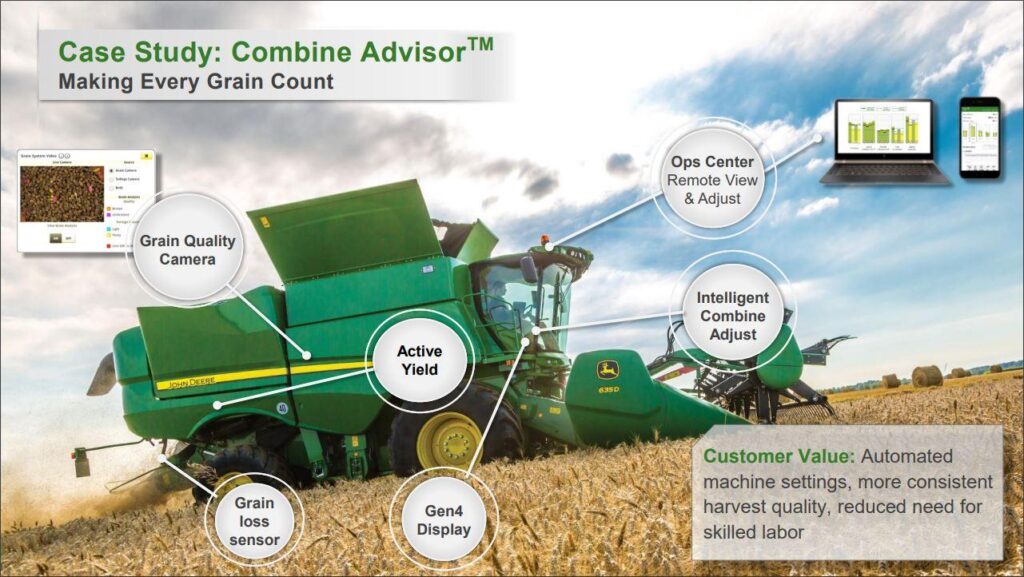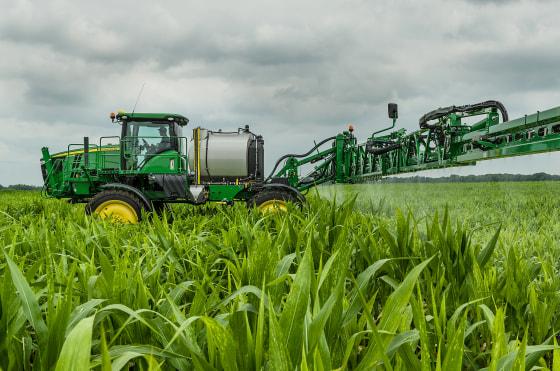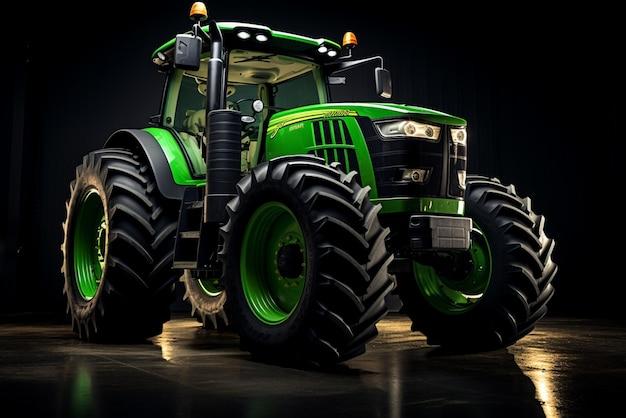The agricultural sector stands at the cusp of a technological change, with smart electric tractors emerging as the vanguard of modern farming practices. These innovative machines, equipped with autonomous capabilities and zero-emission powertrains, represent a significant departure from traditional diesel-powered equipment that has dominated fields for generations. As global agriculture faces mounting pressure to reduce its environmental impact while increasing productivity,these advanced vehicles offer a glimpse into farming’s electrified future,combining artificial intelligence,precision agriculture,and lasting energy solutions in one revolutionary package. the farming landscape is undergoing a dramatic transformation as electric tractors equipped with smart technology revolutionize traditional agricultural practices. These advanced machines combine zero-emission powertrains with artificial intelligence, GPS navigation, and autonomous capabilities, marking a significant shift from conventional diesel-powered equipment.
Modern electric tractors can operate continuously for up to eight hours on a single charge, delivering comparable power output to their diesel counterparts while significantly reducing operating costs.Farmers report up to 60% savings in energy expenses compared to fossil fuel consumption, with minimal maintenance requirements due to fewer moving parts.
integrated smart systems enable precise field operations through real-time data analysis and automated decision-making. sensors monitor soil conditions, crop health, and weather patterns, allowing these machines to adjust their operations accordingly.The implementation of machine learning algorithms helps optimize route planning, reducing needless passes and minimizing soil compaction.
These vehicles utilize regenerative braking technology,converting kinetic energy back into stored electrical power during deceleration. This feature extends battery life and maximizes operational efficiency, particularly during tasks requiring frequent stops and starts. Solar charging stations installed on farm premises further enhance sustainability by providing renewable energy sources for the electric fleet.
connectivity features enable remote monitoring and control through smartphone applications, allowing farmers to manage multiple units simultaneously. Real-time performance metrics,maintenance alerts,and operational statistics help streamline farm management and improve productivity. The integration with farm management software creates a comprehensive digital ecosystem for modern agriculture.
advanced autonomous capabilities allow these tractors to operate safely without direct human supervision. Obstacle detection systems, boundary recognition, and precision steering ensure accurate navigation while protecting crops and infrastructure. This automation reduces labor costs and enables 24-hour operation during critical farming periods.
Manufacturing companies are expanding their electric tractor lines to accommodate various farm sizes and applications. Compact models serve smaller operations and specialty crops, while larger units handle extensive field work on commercial farms. modular design approaches allow for easy battery replacement and upgrades as technology advances.Government incentives and environmental regulations are accelerating the adoption of electric agricultural equipment. Tax credits, grants, and carbon reduction initiatives make the transition more financially attractive for farmers. The reduced environmental impact aligns with sustainable farming certifications and consumer demands for eco-amiable agricultural practices.
Research indicates that widespread adoption of smart electric tractors could reduce agricultural carbon emissions by 40% within the next decade. The combination of zero-emission operation and precision farming techniques promotes soil health,reduces water usage,and minimizes chemical applications. These improvements contribute to more sustainable and efficient farming practices while maintaining or increasing crop yields.
As battery technology continues to advance and charging infrastructure expands, smart electric tractors are positioned to become the standard in modern agriculture, driving efficiency, sustainability, and profitability in the farming sector.






